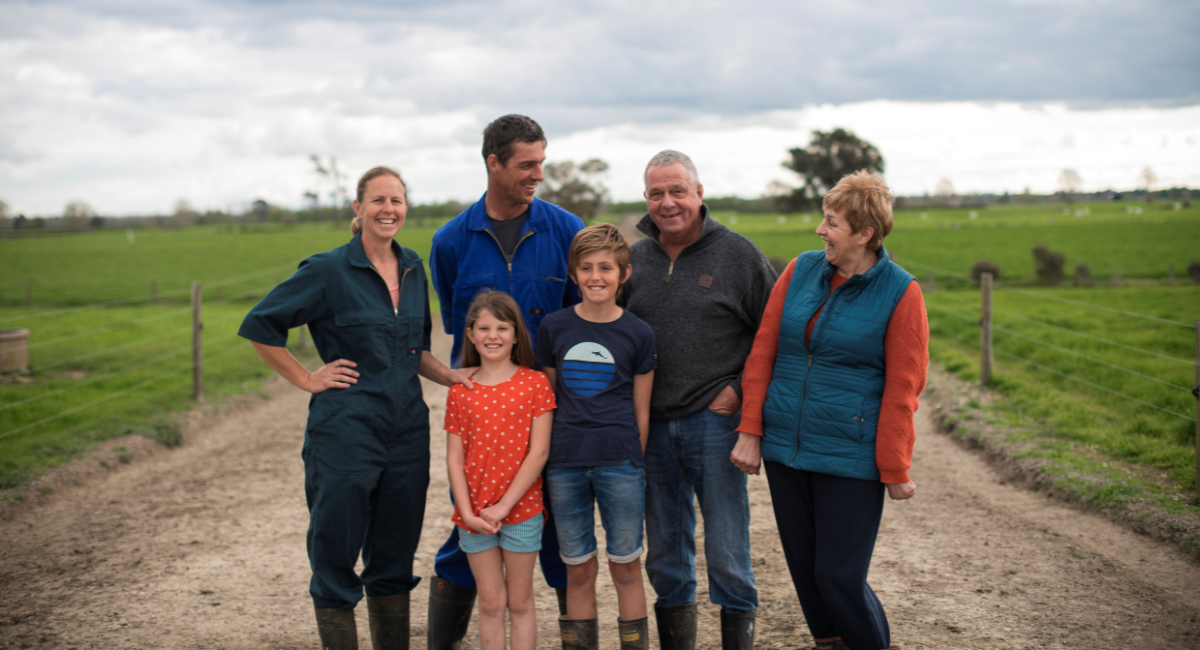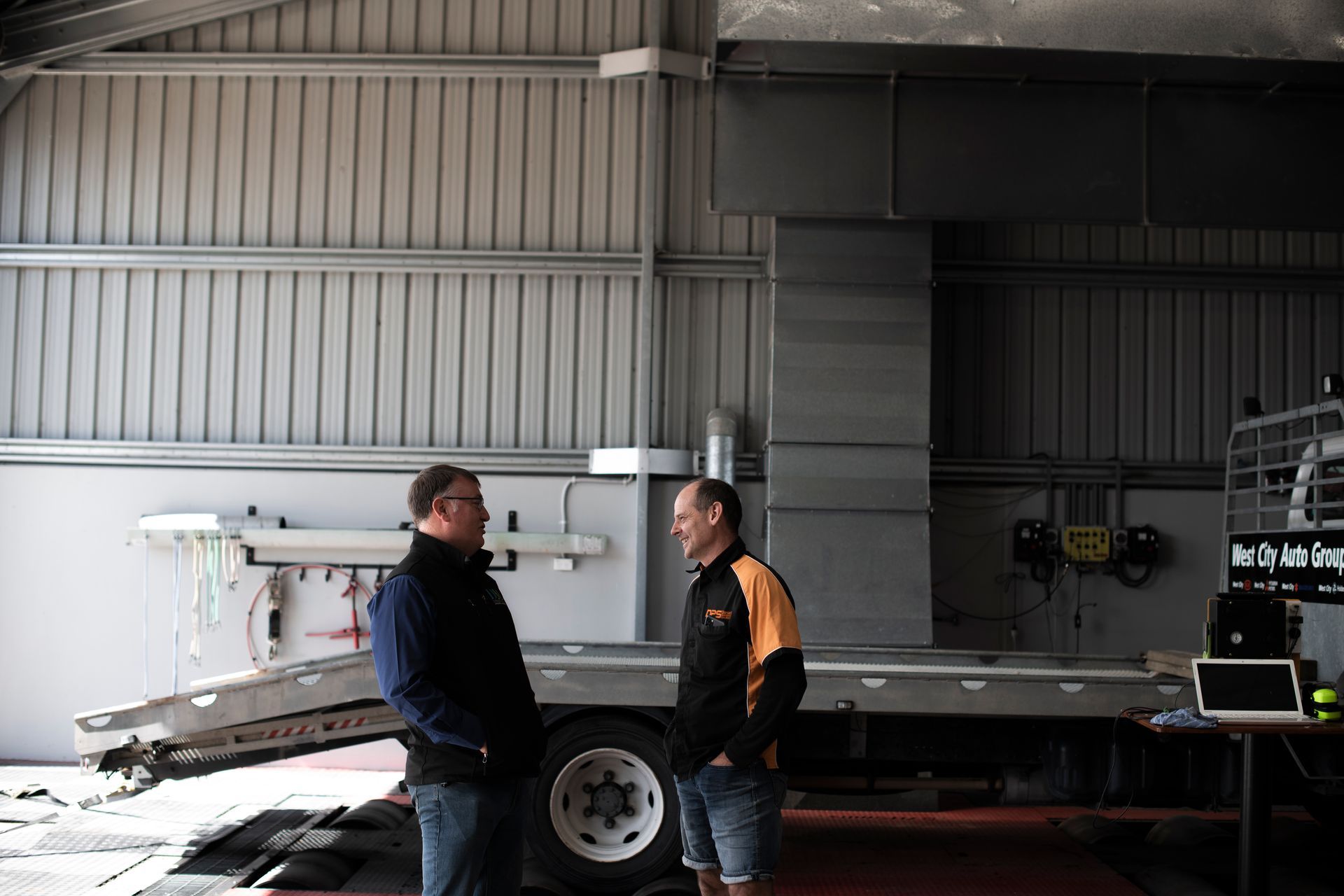As New Zealand’s population gets older succession planning becomes more important. Succession planning is not only about preparing a business for sale, but also about ensuring its continuity and legacy. This is especially true for family-owned businesses, which face the challenge of balancing family and business interests.
Different family members may have different expectations and opinions on succession, and about the timing and manner of this change. Most of the time, family values underpin these views, and this makes the transaction very personal. It is a complex and sensitive process that requires careful consideration of various perspectives and preferences within the family. However, creating a plan with equality and fairness often results in compromising the business in some form and there’s no simple “one-size-fits-all” approach.
What if we think of succession as a transition?
Often the focus is on the transaction – the business or farm is simply sold to the next generation. However, this can result in an established business with new owners who might not be fully equipped with the skills to move the business forward successfully. Rather than thinking of succession as a transaction, if you think of succession as a transition, then one phase of the transition could focus on the evolution of skills and capability within the business. This would also reduce the complexity and increase the focus on what’s required for the future of the business.
Things to consider are:
· Documenting the vision and strategy of the business so that successors/family members understand where the business is heading.
· Growing your business, as this opens up options for succession.
· Having a structure that holds management accountable for the decisions made in a business.
· Outlining the roles and responsibilities within the business as this provides pathways to nurture and develop successors/family members for future succession/transition.
· Seeking professional support to help manage family dynamics.
We have the expertise to help you with all aspects of your transitional planning and processes.













